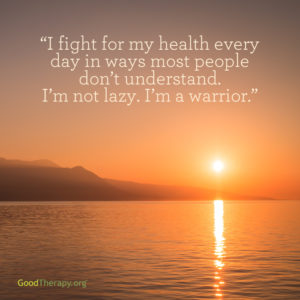Mono – Myth and Truth
 Mononucleosis is often called “the kissing disease.” It is usually considered a disease of teenagers. The teasing is hard to take, and sometimes the suspicion can be hard to handle.
Mononucleosis is often called “the kissing disease.” It is usually considered a disease of teenagers. The teasing is hard to take, and sometimes the suspicion can be hard to handle.
Mono is *not* just a disease of teenagers. Babies and toddlers are just as likely to develop mono, and adults are not immune. The differences are age, immune function and genetics.
Mono is passed along via saliva. Yep, you can catch it by kissing someone. You can also catch it by that school water fountain, sharing a soda, any way that saliva can be passed around. There are those who have caught it from a hand shake.
Once you get passed the stigma of the disease, there are things to keep in mind. In a young child, mono may appear like any other childhood virus. In fact, it might not even be diagnosed. At that age, it’s usually minor.
As we get older, the effects are worse. By the teenage years, it can pack a pretty good whallup. The fatigue is bad, but the risk to the spleen is worse. Mono causes the spleen to enlarge, and a lot of the favored activities of a teenager have to be stopped.
Adults can also develop mono, and the results can be catastrophic. The exhaustion lasts longer and the damage to organs can be worse. It’s important to watch both the spleen and the liver.
The virus that causes mono stays in your body the rest of your life. After a time, you cease to be contagious, but it takes time.
It is very important to talk to your doctor if you have mono. Find out if you are still contagious, and make sure you get enough rest. Before using herbs, ask if they will interact with any of the medications you take. If your doctor approves, milk thistle and Oregon grape root may help.
